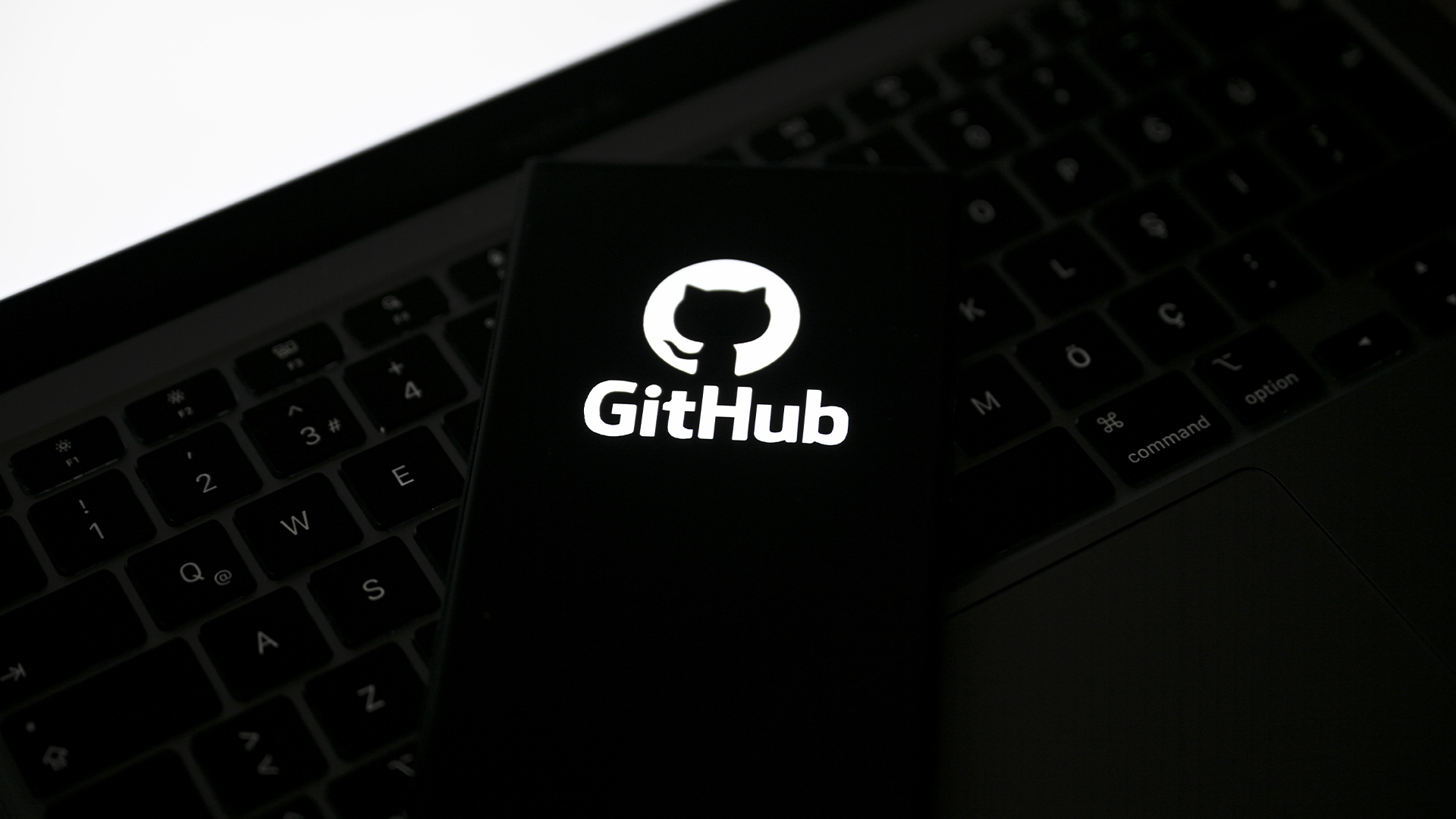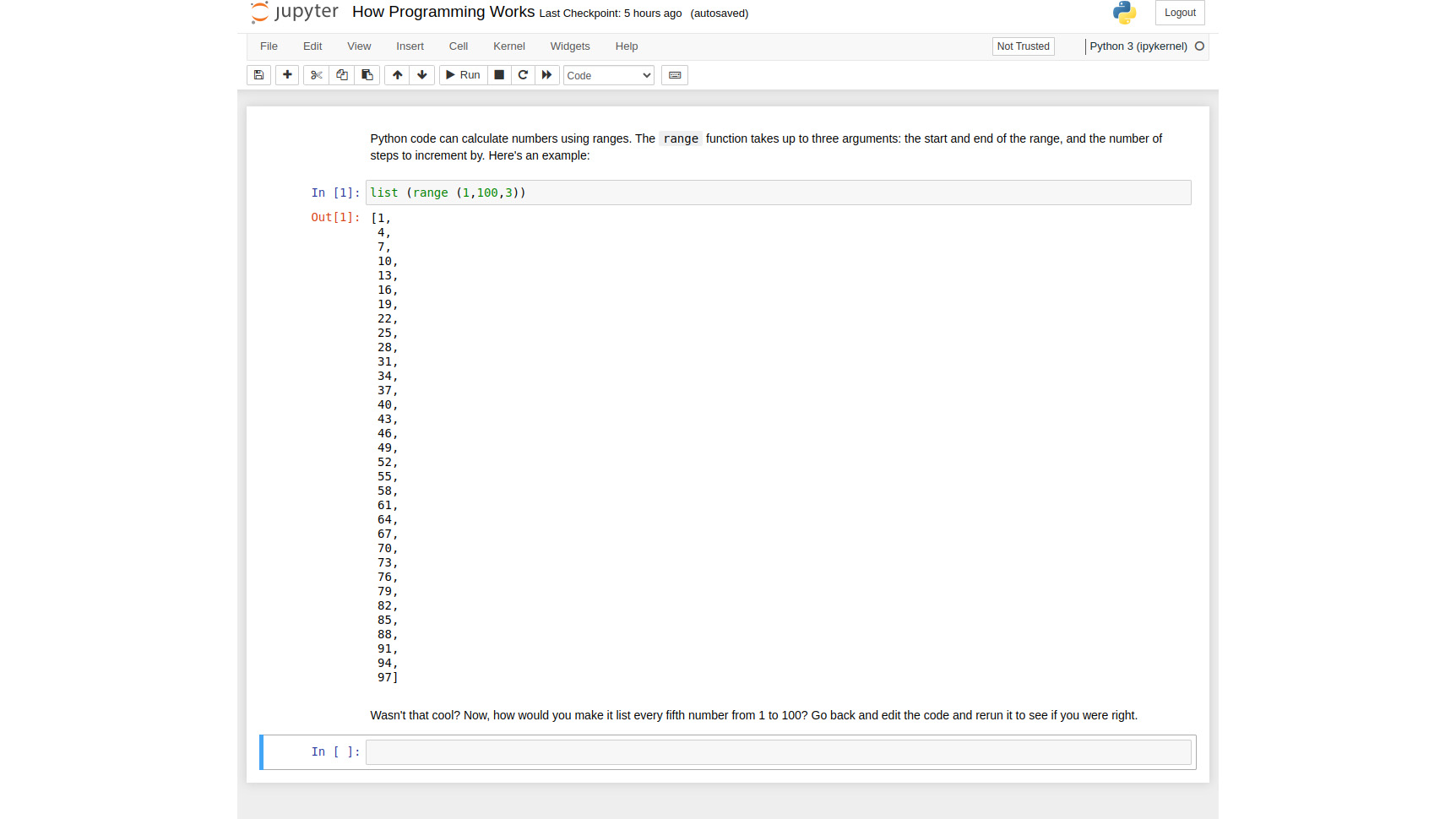WHO collaborates with Big Tech for mega COVID-19 hackathon
Developers are invited to join the industry-wide effort to help communities and businesses through the pandemic


The World Health Organisation (WHO) has partnered with major tech firms to launch a global hackathon, with developers invited to support the COVID-19 fightback and businesses struggling through the pandemic.
Developers are being encouraged to register their interest for the week-long event to be held in April, designed to build and generate software that can tackle some of the wider economic and social challenges related to the pandemic.
Entries into the #BuildforCOVID19 hackathon can be based around several themes outlined by WHO, including health, vulnerable populations and community, as well as education, businesses, and entertainment.
Developers are also being encouraged, however, to get creative with their entries and don’t need to necessarily stick to these ideas.
The spread of the virus has had a measurable impact on healthcare systems, government agencies, and businesses from all sectors over the course of 2020.
While many companies have had their workforce shift to remote working, others have seen revenues dry up and business grind to a halt.
Registration has opened with Devpost, a company that hosts countless hackathons each year, with developers able to submit completed projects from 26 March until 9am PST (5pm BST) on 30 March. All entries must be submitted alongside a two-minute video walkthrough.
Get the ITPro daily newsletter
Sign up today and you will receive a free copy of our Future Focus 2025 report - the leading guidance on AI, cybersecurity and other IT challenges as per 700+ senior executives
The judges, who are yet to be announced, will offer feedback after the deadline, before connecting with the highlighted projects and showcasing these on 3 April 2020.
The likes of Facebook, Microsoft, Twitter and Slack will support individuals submitting projects into the hackathon with company resources. They will also be joined by Giphy, Pinterest, TikTok and WeChat.
“With the World Health Organization (WHO) declaring coronavirus (COVID-19) a global pandemic, governments have issued guidance for members of the community to practice social distancing, while companies have enforced work from home policies in an effort to flatten the curve of viral infections across the population,” Devpost said.
“Given the isolation currently being experienced within communities right now, we want to create an online space where developers could ideate, experiment and build software solutions to help address this crisis.”
Successful entries can either take the shape of a production-ready platform for immediate impact, or an “awesome proof-of-concept” with bags of potential.
Examples that fall into the latter, more conceptual category include tools for helping people with supplies, combating loneliness, or replacing income with work-from-home options. Production-ready projects will be favoured by the judges, however.
There are no cash prizes, with the reward for successful projects being a combination of social impact and recognition throughout the wider tech community and partner networks.

Keumars Afifi-Sabet is a writer and editor that specialises in public sector, cyber security, and cloud computing. He first joined ITPro as a staff writer in April 2018 and eventually became its Features Editor. Although a regular contributor to other tech sites in the past, these days you will find Keumars on LiveScience, where he runs its Technology section.
-
 Geekom Mini IT13 Review
Geekom Mini IT13 ReviewReviews It may only be a mild update for the Mini IT13, but a more potent CPU has made a good mini PC just that little bit better
By Alun Taylor
-
 Why AI researchers are turning to nature for inspiration
Why AI researchers are turning to nature for inspirationIn-depth From ant colonies to neural networks, researchers are looking to nature to build more efficient, adaptable, and resilient systems
By David Howell
-
 AWS expands language support for Amazon Q Developer
AWS expands language support for Amazon Q DeveloperNews AWS has expanded support for languages in Amazon Q Developer, making it easier for developers to code in their first language.
By Nicole Kobie
-
 AI was a harbinger of doom for low-code solutions, but peaceful coexistence is possible – developers still love the time savings and simplicity despite the allure of popular AI coding tools
AI was a harbinger of doom for low-code solutions, but peaceful coexistence is possible – developers still love the time savings and simplicity despite the allure of popular AI coding toolsNews The impact of AI coding tools on the low-code market hasn't been quite as disastrous as predicted
By Ross Kelly
-
 ‘We’re trading deep understanding for quick fixes’: Junior software developers lack coding skills because of an overreliance on AI tools – and it could spell trouble for the future of development
‘We’re trading deep understanding for quick fixes’: Junior software developers lack coding skills because of an overreliance on AI tools – and it could spell trouble for the future of developmentNews Junior software developers may lack coding skills because of an overreliance on AI tools, industry experts suggest.
By George Fitzmaurice
-
 GitHub's new 'Agent Mode' feature lets AI take the reins for developers
GitHub's new 'Agent Mode' feature lets AI take the reins for developersNews GitHub has unveiled the launch of 'Agent Mode' - a new agentic AI feature aimed at automating developer activities.
By Ross Kelly
-
 Shadow AI is creeping its way into software development – more than half of developers admit to using unauthorized AI tools at work, and it’s putting companies at risk
Shadow AI is creeping its way into software development – more than half of developers admit to using unauthorized AI tools at work, and it’s putting companies at riskNews Enterprises need to create smart AI usage policies that balance the benefits and risks
By Solomon Klappholz
-
 Python just brushed past JavaScript to become the most popular programming language on GitHub – and a key factor is that AI developers love it
Python just brushed past JavaScript to become the most popular programming language on GitHub – and a key factor is that AI developers love itNews The meteoric rise of Python shows no sign of stopping
By Nicole Kobie
-
 JupyterLab review: A powerful tool for documenting your data science journey
JupyterLab review: A powerful tool for documenting your data science journeyReviews Literate programming toolkit takes dynamic code documents to new heights
By Danny Bradbury
-
 GitHub debuts Copilot tool making it easier to give credit to developers
GitHub debuts Copilot tool making it easier to give credit to developersNews Developers to be shown repository and license information for AI-suggested code matches
By Richard Speed